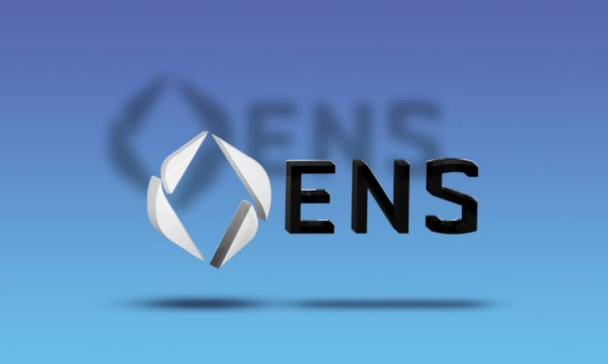
As blockchain technology continues to evolve, the Ethereum Name Service (ENS) is gradually becoming an important part of the Internet infrastructure. Today, we’ll take a deep dive into how ENS enables users to connect to any DNS domain for free and simplifies the entire process through its gas-free DNSSEC feature.
Historical background of ENS
ENS is designed to complement existing Internet infrastructure. For the past few years, users have been able to import DNS names into ENS without paying protocol fees. However, this process comes with high Ethereum gas fees, even as high as 0.5 ETH in some cases. This high fee is mainly due to the large amount of data (DNSSEC proof) that needs to be saved to the Ethereum blockchain to prove ownership of the domain.
As technology advances, this process is no longer necessary to cryptographically enable DNS names. ENS now offers a new way to more easily use DNS domains without incurring high transaction fees.
How Gasless DNSSEC Works
The implementation of Gasless DNSSEC relies on CCIP Read (EIP-3668), an application layer standard designed to enable Ethereum smart contracts to obtain and verify off-chain data. This standard was written by Nick Johnson, founder and lead developer of ENS Labs.
In EP5.1, the ENS DAO approved the launch of a new smart contract that implements CCIP Read at the DNS top-level domain (TLD) level. Having CCIP Read at the TLD level means DNS records can be verified on demand via off-chain gateways. This improvement makes using DNS domains within the ENS ecosystem free and convenient.
How to use Gasless DNSSEC
To configure your DNS name for use with ENS, you just need to follow a few simple steps:
Enable DNSSEC: Make sure DNSSEC is enabled in your DNS settings.
Add a TXT record: In your DNS settings, add a TXT record in the format ENS1 <ens-resolver-address>.
Setup is complete: Your DNS names are now resolvable based on the ENS resolver you specified. You can test it here.
To provide an easier experience, we also created a special parser capable of reading Ethereum addresses from the same TXT record. Its format is ENS1 dnsname.ens.eth <eth-address>. Detailed information can be found in our support documentation.
The future of ENS
With the launch of Gasless DNSSEC, ENS not only simplifies the operation process for users, but also further expands its application potential in the blockchain ecosystem. This innovation will allow more users to easily convert traditional DNS domains to ENS domains, improving network availability and security.
This change is not only good news for developers, but also undoubtedly lowers the threshold for entering the blockchain world for ordinary users. In the future, we can look forward to further development of ENS in areas such as decentralized applications, digital identity, and network security.
in conclusion
The launch of Gasless DNSSEC marks a new era for ENS. With the implementation of this feature, users no longer need to bear high gas costs and can easily integrate DNS domains with ENS. This innovation not only improves the user experience, but also lays a solid foundation for the future development of ENS.
As blockchain technology continues to advance, we have reason to believe that ENS will play an increasingly important role in the future digital world. Whether for developers or ordinary users, ENS will become an indispensable tool to help them gain a foothold in this rapidly changing digital era.